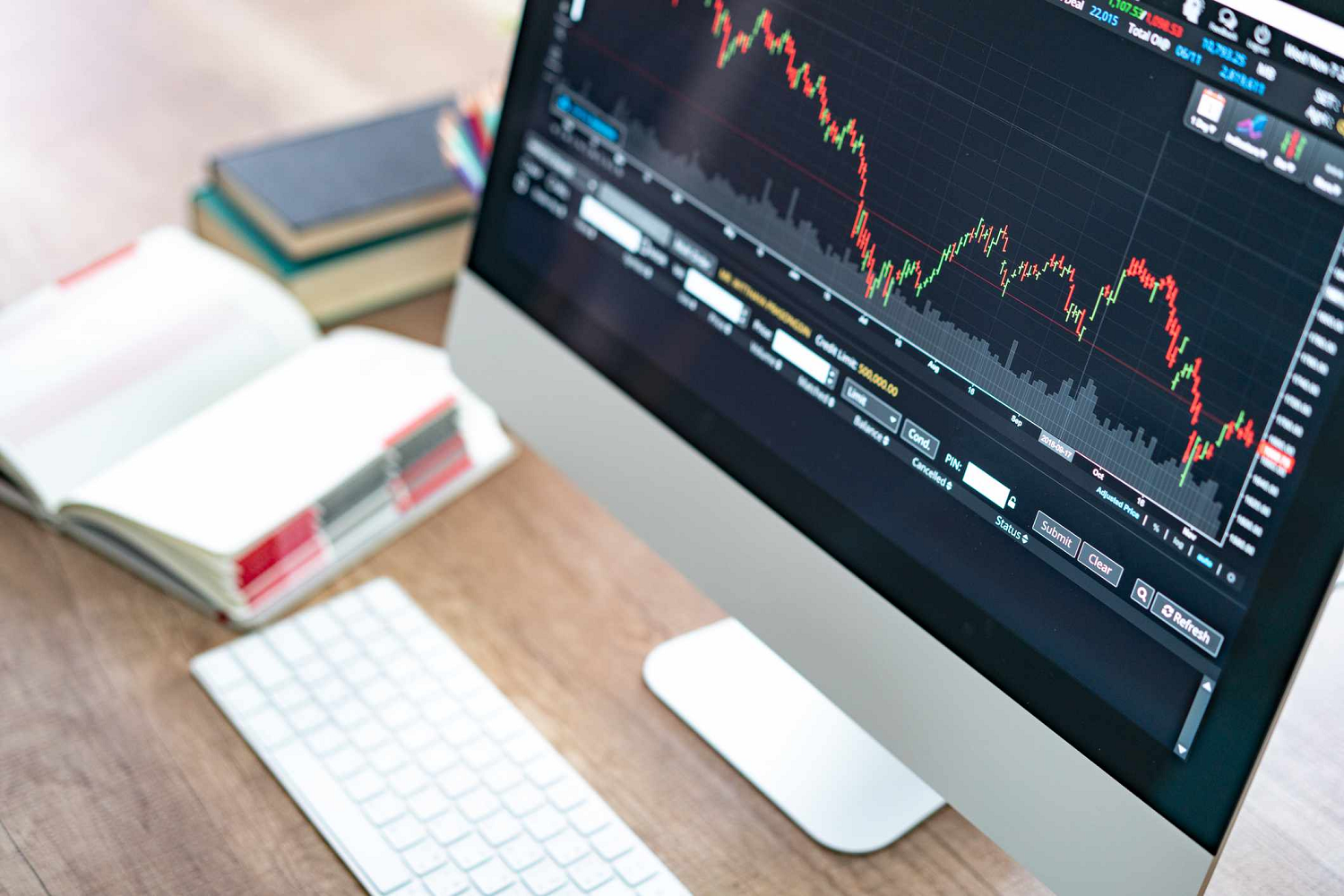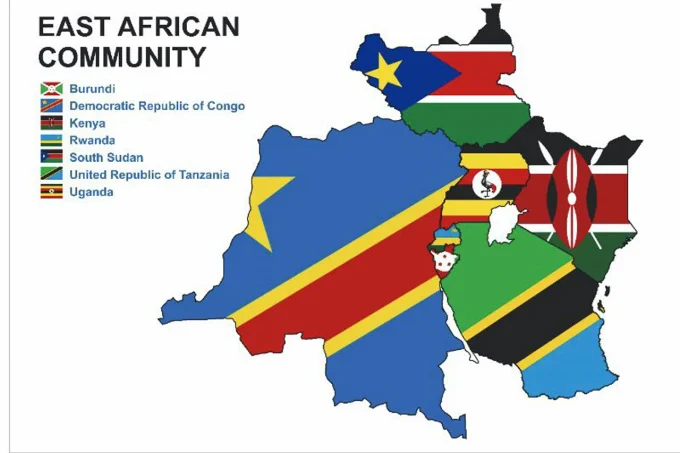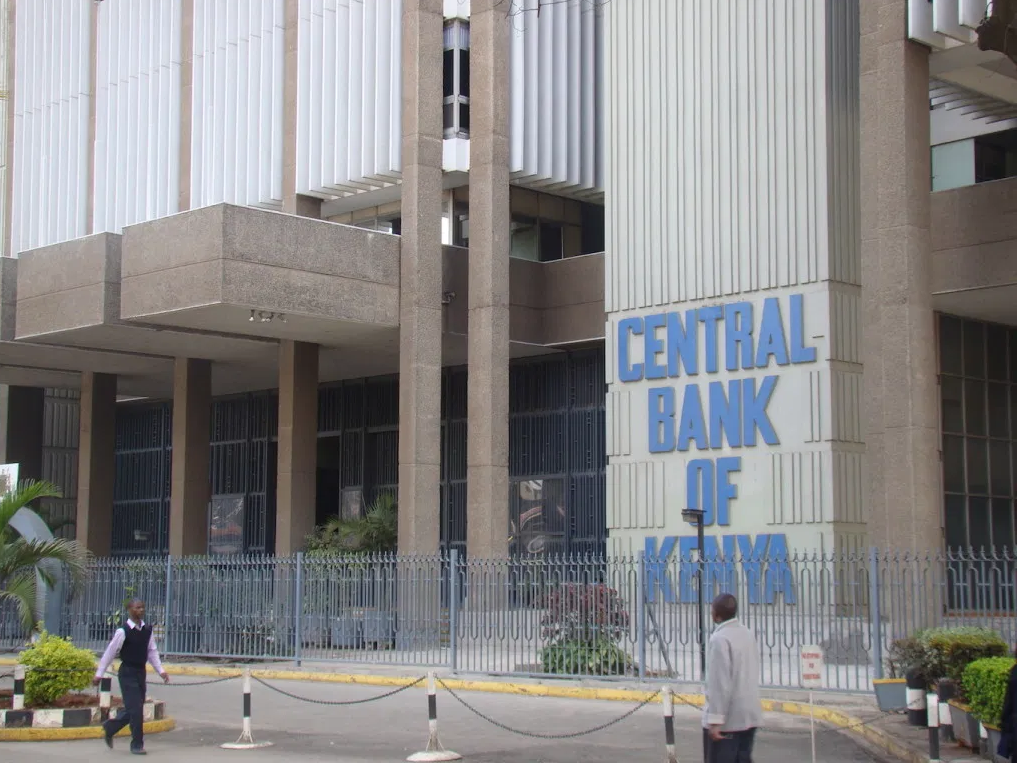Online trading has become quite popular in recent years among millennials and new investors around the world, fueled by technological improvements in this space and the advent of low-cost brokerages and trading apps. Online investing has picked up even more during Covid-19 as young investors are exploring online investing as a way to make money and invest in stocks & other instruments like Forex and Bitcoin.
Kenyan investors have also shown a growing appetite for online investing in stocks and forex in recent years. Trading Apps like FXPesa by EGM Securities, M-Akiba by NSE, and NSE Online Trading brokers like Faida, Dyer & Blair are allowing local investors to invest in online trading instruments like FX, Government Bonds and Stocks.
The Kenyan capital markets are highly regulated by CMA and NSE, ensuring greater investor safety. There have been some incidents of investors being scammed by unregulated entities and persons in the past. And with this growth and interest, the risk for new investors has also increased many folds and investors need to be aware of the risks associated with online trading.
Most of the risks in online investing are associated with choosing an unreliable broker or unregulated platform that has a poor trading environment.
New investors should look for these points before trading online and when choosing a broker.
1) Broker’s Supervisory Regulation
Always check if the trading app or broker is regulated by respective government authorities. Financial regulators are governmental organizations that make rules & requirements for brokers & financial entities to offer proper trading conditions to investors. They also ensure that brokers follow these rules and punish errant players.
Regulation gives safety to the investors that their money is invested in the market without any malpractices by the broker. It also protects investors in case of any malpractices by a broker or trading app as investors can raise complaints with the respective agencies.
This protects investment from being used by the broker as their own or a broker from betting against you in the market and from other malpractices by the brokers or trading apps.
As an investor, stay away from unregulated brokers not authorized by regulators as they often have a conflict of interest with their investors. They may deny withdrawals and indulge in malpractices that they may see fit for their business as they are not overseen by the regulators.
In Kenya, stockbrokers are authorized by NSE and Forex brokers are regulated by CMA. According to TradeForexKenya.com, “there are only three regulated entities for online forex trading in Kenya, i.e. EGM Securities, Pepperstone and Scope Markets. “
You can check the broker’s regulation at the bottom of their app or website as most mention it. But it is best practice to confirm if a broker is regulated or not on NSE and CMA websites as some may lie.
You can check this list of forex brokers in Kenya and NSE Brokers on the NSE website.
2) Trading Fees and Instrument Availability
Most Trading apps & brokers earn money by charging you fees/spread on each trading order which may be fixed or percentage of your order volume.
Many trading apps & brokers market themselves on lowest fees. But it is often not the case as they may charge hidden levies that they don’t mention clearly like inactivity fees, overnight charges, deposit/withdrawal fees, dormant account charges, spread widening during uncertain market conditions etc.
You should look closely into broker’s fees, read the terms on their website and make comparisons with other brokers, and decide accordingly. Most brokers have different fees for different instruments like FX, Commodities, Oil, Stocks etc.
Check & compare fees of all the brokers based on the instrument(s) that you want to trade. Make sure you select a broker that is regulated and offers the instruments suit your investing needs with the lowest possible fees.
3) Deposits & Withdrawals
Before opening an account with any online trading app or broker you need to check if they offer easy deposits & withdrawals. This can be checked on their website/app’s payment methods page or FAQs. If it is not clear, talk to support via live chat or phone.
Deposits & Withdrawals should be fast, convenient and automatic without any hassles. The app/broker should support major payment methods. For example, M-Pesa is popular in Kenya but only few brokers accept M-Pesa currently. Also, easy debit card payments & bank deposit options should also be available with the broker.
See Also >> How to Invest in Bitcoin and Other Cryptocurrencies
Moreover, a good broker will not delay withdrawals or deposits for more than 24 hours. You should read the broker reviews on comparison websites before depositing any amount with any broker. Also, you may also want to check if the broker offers Kenya shilling accounts as most forex brokers offer USD accounts only. Check with the broker on this before opening the account if this is an important consideration for you.
Deposit & withdrawals in local currency (KES) would make it easier for you open account & start trading.
4) Trading Conditions
New traders should always start with a demo account before depositing money with a broker. Most brokers these days offer demo accounts where traders can trade in a test environment & get a hang of the broker’s platform without depositing any money.
Traders can get the feel of the trading environment in a demo account, while new investors can test how the instrument works and test their trading strategies.
Different brokers may have different trading conditions, notably platforms they offer on Desktop, Mobile, Web (like some forex brokers offer MT4 only, some offer MT5 or CTrader and others offer all of these). Brokers have a number of instruments (some may only offer limited forex pairs or limited stocks or fewer commodities, which can be checked in the demo too). Also, you can check the fees they charge on different instruments, and time they take to close or open a trade (some brokers may have requotes or slippage resulting in loss to traders due to delay in order execution).

There are different account types for different types of trading requirements like ECN/STP accounts. Some brokers may offer direct market access, while others are market makers. Look at the trading tools & news they offer inside their platform; how is their support level, do they offer online chat or phone support?
A demo account is a nice way to see beforehand most of these things and what you will be getting into if you invest through the broker in the market.
It is important to note that demo conditions would likely vary from real trading to some extent but it is prudent to try a demo account at a broker to practice your trading skills and get the feel of their tools and conditions on offer. Also, it is good to read user reviews of other traders online about the broker and their trading conditions where traders share their experiences dealing with the broker with complaints on slippage or any malpractice.
5) Background Check & Reviews
Broker’s background, reputation and experience in the industry are very important considerations before investing.
While regulation is certainly a good way to be sure about broker’s reputation, one must also see other things in a broker’s reputation such as:
a. How long the broker has been in business?
b. What level of experience they have in the industry?
The longer the broker has been in business, the better experience & trading conditions they can offer to their clients. You can read about the broker’s history and their management team’s profile on their website to see their experience and background.
c. How long have they been regulated? And in case it is a global broker, in which other countries is it regulated besides in Kenya?
For example: Forex Broker Pepperstone is a well-regulated broker with CMA in Kenya, FCA in UK & ASIC in Australia and that is a good sign of credibility and reputation.
d. Have there been any complaints against them with the regulators or online?
This can be checked at regulator’s websites and on web reviews.
e. Is a broker publicly listed company or registered company with local presence & offices in Kenya?
This is another factor of trust that you need to look for as it shows the transparency of the broker’s dealings and their commitment to the business.
f. How is the broker rated on user review websites? How does the broker respond to the user complaints? Are there mostly negative reviews on the broker/app?
Almost every brokers/trading app will have some negative reviews as some traders might be dissatisfied with their services. But you need to look carefully at the reviews if the broker responds and corrects those issues – this shows their transparency and commitment to the business & their clients.
Investing in the markets comes with its risks but choosing a good broker can reduce your risk to some extent. The above points could help you choose a good broker and help you invest safely.













Leave a comment